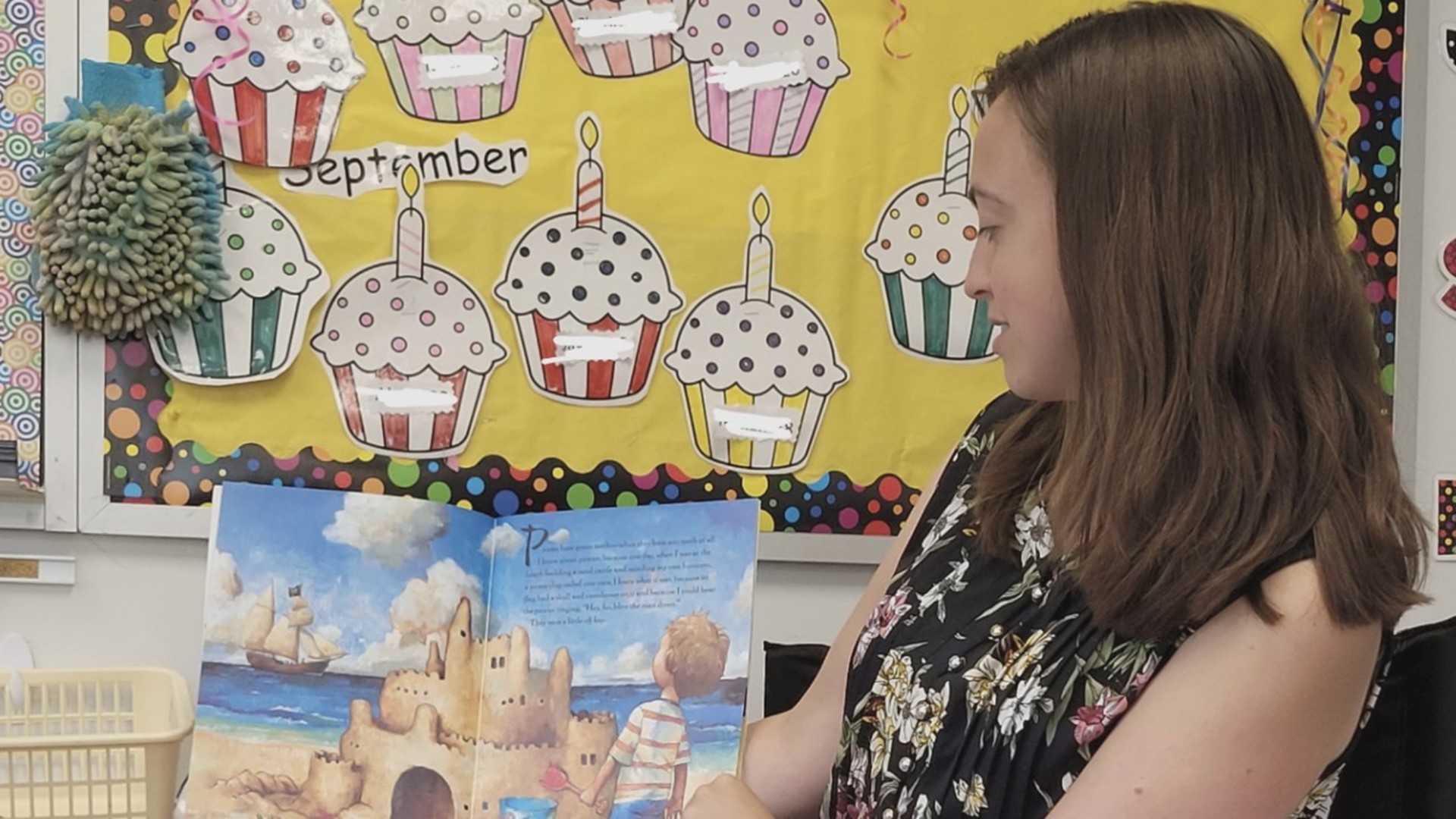SHIPPENSBURG, Pa. — It's the final hurdle students have to clear before becoming a teacher.
"Student teaching is the culmination of that," said Taylor Bigler, director of the Office of Partnerships, Professional Experiences and Outreach at Shippensburg University.
Bigler said student teaching is a crucial part of the school's accredited teaching program, proving students can lead a classroom.
"They're lesson planning, they're communicating with families, they're interacting with colleagues, they're attending meetings, it is the ultimate pre-teaching teaching experience," she said.
Student teachers are preparing to enter a field experiencing a significant shortage.
"We see the urgency," Bigler said. "A lot of our local districts have some of the highest rates of emergency certified teachers in the state."
Making that final step has been costly for some students.
"It is something that is required for you to graduate and it is not paid," said Dominique Maynard, a recent graduate of West Chester University's education program.
Maynard said she's still dealing with the financial impacts of her time as a student teacher.
"Even working all through college, having a full-time job and being a full-time student, I still didn't have enough money to get through those twelve weeks," she said.
A new state grant program could change that. Student teachers at private and public colleges in Pennsylvania will soon receive a stipend for their 12 weeks of what's long been unpaid work in real classrooms.
State lawmakers approved a student-teacher stipend program as part of December's budget.
Starting in the 2024-2025 school year, student teachers will be paid $10,000, with an additional $5,000 for those working in schools with high need.
Maynard admitted she was frustrated the program was not available to her but said the stipend will make a big difference for future educators.
"They'll be able to focus more on being able to give their best to their students," she said.
"By giving the stipend we will be able to attract more people who cannot afford to stop living their day-to-day lives to work for free for 12 to 16 weeks," Bigler added.
Officials at Shippensburg University are awaiting more details about the program's rollout and how long it will be available.

